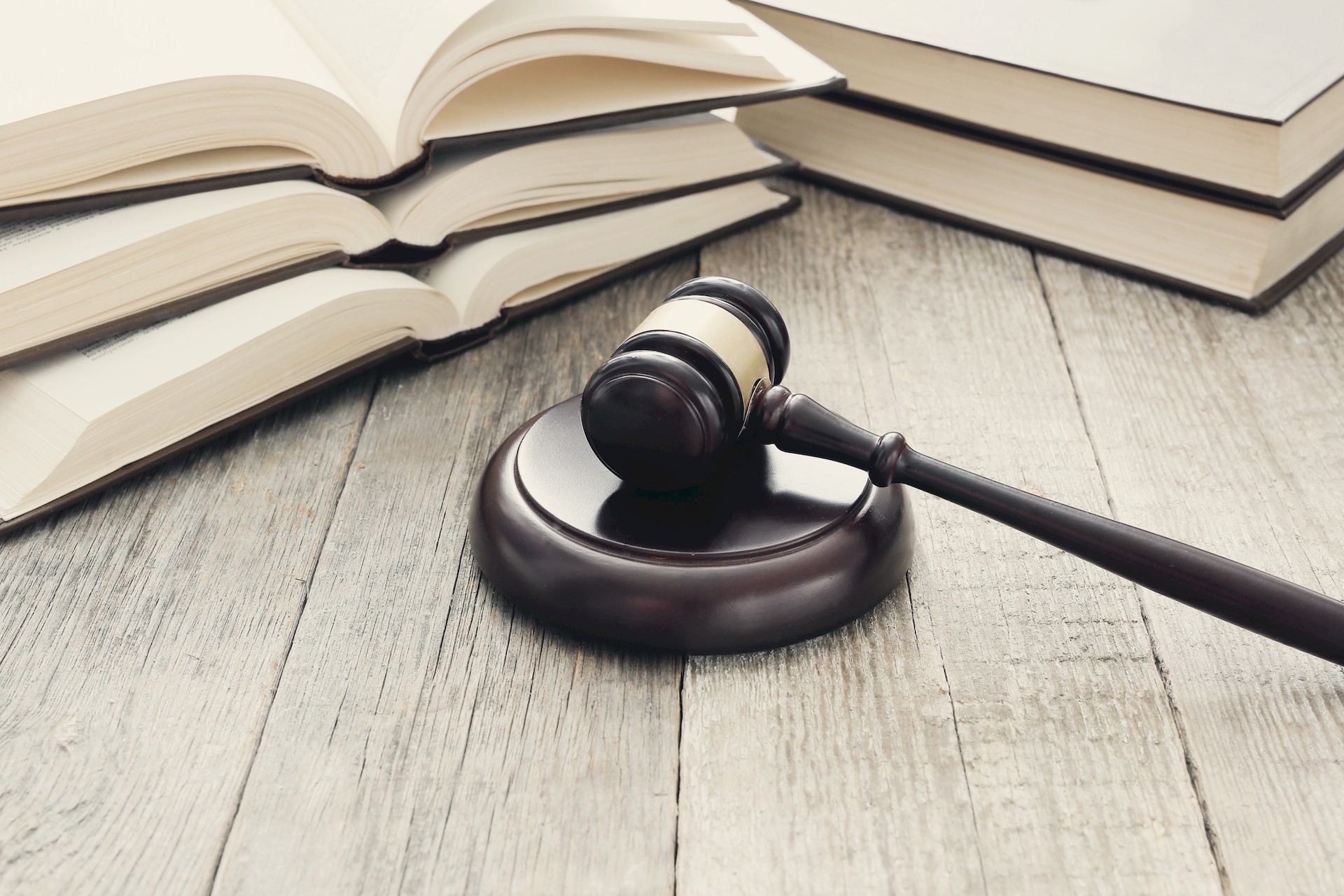Stumbled upon a legal hold and don’t know why that happened to you? You will find out exactly why soon.
Navigating the complex terrain of legal matters, particularly in the face of litigation, investigations, or internal challenges, demands a strategic approach to safeguarding crucial evidence. At the forefront of this strategy is the concept of a legal hold—a powerful directive ensuring the preservation of pertinent documents, data, and evidence.
This proactive measure acts as a stop sign, compelling individuals and organizations to retain information, preventing its inadvertent destruction or alteration. Beyond mere compliance, a legal hold serves as a critical player in data integrity, impacting fairness in legal proceedings, preventing spoliation of evidence, and aiding in meeting legal obligations.
But why do we need it and why is it so important for data integrity and security? Let us explain.

What is a legal hold?
A legal hold is a court-ordered or legally mandated directive to preserve specific documents, data, or other evidence that is relevant to a legal case or investigation.
The purpose of a legal hold is to ensure that relevant evidence is not destroyed or altered during the pendency of a legal proceeding, and to prevent the spoliation of evidence.
The scope of a legal hold can be broad or narrow, depending on the specific circumstances of the case. It may apply to all documents and data related to a particular subject matter, or it may be limited to specific types of evidence that are relevant to the case. For example, it may be issued to preserve all emails and documents related to a particular project, or it may be limited to preserving only those documents that are relevant to a specific issue or event.
The duration of a legal hold is typically the duration of the legal case or investigation, and it may be lifted once the case is resolved or the investigation is completed. However, the hold may be extended or renewed if necessary, depending on the progress of the case or investigation.
Your data can have a digital fingerprint
A legal hold may be issued by a court, a government agency, or a party to a legal case or investigation. It may be verbal or written, and it may be directed to individuals, organizations, or third-party vendors. Recipients of a legal hold must comply with its terms, which may include specific requirements for preserving evidence, such as saving emails, documents, or other data in their original form and not deleting or modifying them.
Monitoring and enforcement of a legal hold may be included in the terms of the hold, to ensure compliance and prevent spoliation of evidence. This may involve regular reports or audits to ensure that all relevant evidence has been preserved and that no evidence has been altered or destroyed. Failure to comply with it can result in sanctions, including fines, penalties, or even dismissal of a case.
In addition to preserving evidence, a legal hold may also include provisions for the handling and protection of sensitive or confidential information. This may include requirements for encryption, access controls, or other security measures to prevent unauthorized access or disclosure of the preserved evidence.
How is a legal hold triggered?
Imagine a company stumbles upon trouble. It could be a lawsuit, a government investigation, or even an internal issue like employee complaints. This is like a warning sign that something’s not right.
That’s when a legal hold comes in. It’s like a big STOP sign for information. It tells everyone in the company to hold onto any documents, emails, messages, or anything else that might be related to the trouble.
Why do we do this? Because when things get messy in court, having all the relevant information is crucial. It helps the company tell its side of the story and protects it from accusations of hiding evidence.
But not every bump needs a legal hold. Only when the trouble seems serious and likely to lead to a fight do we raise the STOP sign. We also consider how much information needs protection and whether it’s worth the effort.
So, it is like a safety net, catching important information before it gets lost or destroyed. It’s a smart precaution that helps companies navigate tricky legal situations and avoid getting into bigger trouble.

What’s the difference between a litigation hold and a legal hold?
Litigation hold and legal hold are often used interchangeably, but there is a subtle difference between the two.
Litigation hold refers specifically to a court order or directive to preserve evidence in a legal case. It is a court-ordered hold that is issued during the course of a lawsuit, and it is typically issued by a judge or court clerk. The purpose of a litigation hold is to ensure that all relevant evidence is preserved and available for use in the case.
Legal hold, on the other hand, is a broader term that refers to any directive or order to preserve evidence in a legal context. It can include not only court orders, but also internal company directives or policies to preserve evidence in anticipation of a legal dispute or investigation. It may be issued by a court, a government agency, or a party to a legal case or investigation.
In other words, a litigation hold is a specific type of legal hold that is issued by a court during the course of a lawsuit. A legal hold, on the other hand, is a more general term that encompasses all directives or orders to preserve evidence in a legal context, regardless of whether they are issued by a court or another party.
Here are some key differences between litigation holds and legal holds:
- Scope: A litigation hold is typically limited to the specific case or legal proceeding in which it is issued, while a legal hold may be broader in scope and apply to multiple cases or legal proceedings
- Purpose: The purpose of a litigation hold is to ensure that all relevant evidence is preserved for use in a specific legal case, while the purpose of a legal hold may be to preserve evidence for potential future legal proceedings or to comply with legal or regulatory requirements
- Issuing authority: A litigation hold is typically issued by a court, while a legal hold may be issued by a court, a government agency, or a party to a legal case or investigation
- Duration: A litigation hold is typically in effect for the duration of the specific legal case or proceeding, while a legal hold may be in effect for a longer period of time, depending on the specific circumstances
A key player in data integrity
Legal hold plays a critical role in ensuring the integrity and availability of potentially relevant data within a company, especially when facing litigation, investigations, or internal issues.
Here’s why it’s so important for data integrity:
Preserving evidence for legal matters
- Fairness and transparency: A proper legal hold ensures both parties in a legal dispute have access to the same potentially relevant information, promoting a fair and transparent legal process
- Preventing spoliation of evidence: Accidental or intentional destruction of relevant data can have drastic consequences, including financial penalties, adverse jury instructions, or even case dismissal. Legal hold prevents such spoliation, protecting the company from unnecessary legal trouble
- Meeting legal obligations: Various laws and regulations, like the Federal Rules of Civil Procedure or industry-specific regulations, mandate data preservation in certain situations. A legal hold helps companies comply with these legal requirements and avoid potential fines or litigation

Enhancing company reputation
- Demonstrating good faith: By proactively implementing a legal hold and diligently preserving relevant data, a company demonstrates good faith and cooperation in legal matters, potentially influencing judges and juries favorably
- Mitigating risks: Failing to adhere to legal hold requirements can lead to serious consequences, including financial penalties, reputational damage, and loss of investor confidence. A comprehensive legal hold strategy effectively mitigates these risks
- Protecting employees and assets: Legal holds implemented in response to internal issues, like employee complaints or potential misconduct, can help protect the company from liability and ensure fair investigation and resolution
Streamlining eDiscovery and investigations
- Accessibility of relevant data: A well-organized legal hold ensures relevant information is readily available and easily accessible for internal legal teams, external lawyers, and forensic investigators, streamlining the eDiscovery process and reducing associated costs
- Maintaining chain of custody: By carefully documenting and tracking the preservation process, legal holds ensure the authenticity and admissibility of evidence in court, strengthening the company’s legal position
- Saving time and resources: Implementing a systematic approach to legal holds through efficient technology and protocols can save the company valuable time and resources during investigations and litigation
So, legal hold goes beyond mere compliance. It’s a proactive risk management strategy that protects companies from costly legal and reputational consequences, fosters fair legal proceedings, and protects crucial evidence for investigation and resolution. Companies must prioritize establishing robust legal hold procedures and training employees to ensure adherence, safeguarding their future in the face of potential legal challenges.
The gold of our era
Data security is absolutely crucial in today’s digital world. Just like you wouldn’t leave your wallet lying on the sidewalk, you can’t afford to let your data lie unprotected.
Your data is like your digital footprint, it contains sensitive information like financial details, medical records, and even embarrassing photos. Breaches can lead to identity theft, financial loss, and reputational damage.
Companies hold valuable data about customers, employees, and intellectual property. Leaks can damage customer trust, disrupt business operations, and give competitors an edge.
And thanks to proactive measures like this, we can live safely without any question marks within our heads.
Featured image credit: kues1/Freepik.
- SEO Powered Content & PR Distribution. Get Amplified Today.
- PlatoData.Network Vertical Generative Ai. Empower Yourself. Access Here.
- PlatoAiStream. Web3 Intelligence. Knowledge Amplified. Access Here.
- PlatoESG. Carbon, CleanTech, Energy, Environment, Solar, Waste Management. Access Here.
- PlatoHealth. Biotech and Clinical Trials Intelligence. Access Here.
- Source: https://dataconomy.com/2024/01/02/what-is-legal-hold-vs-litigation-hold/



